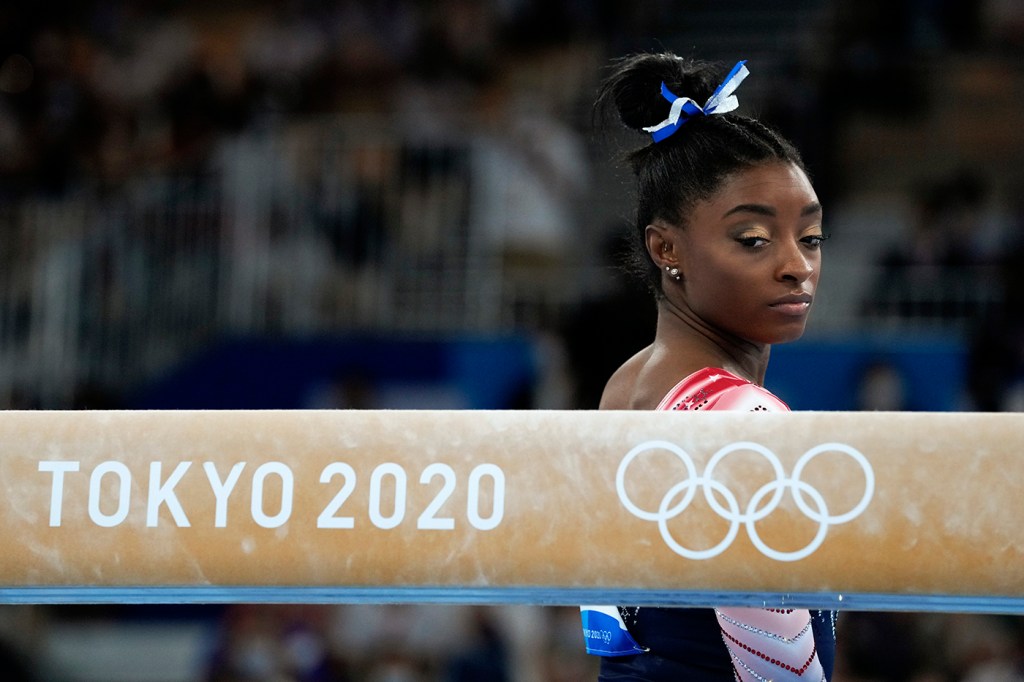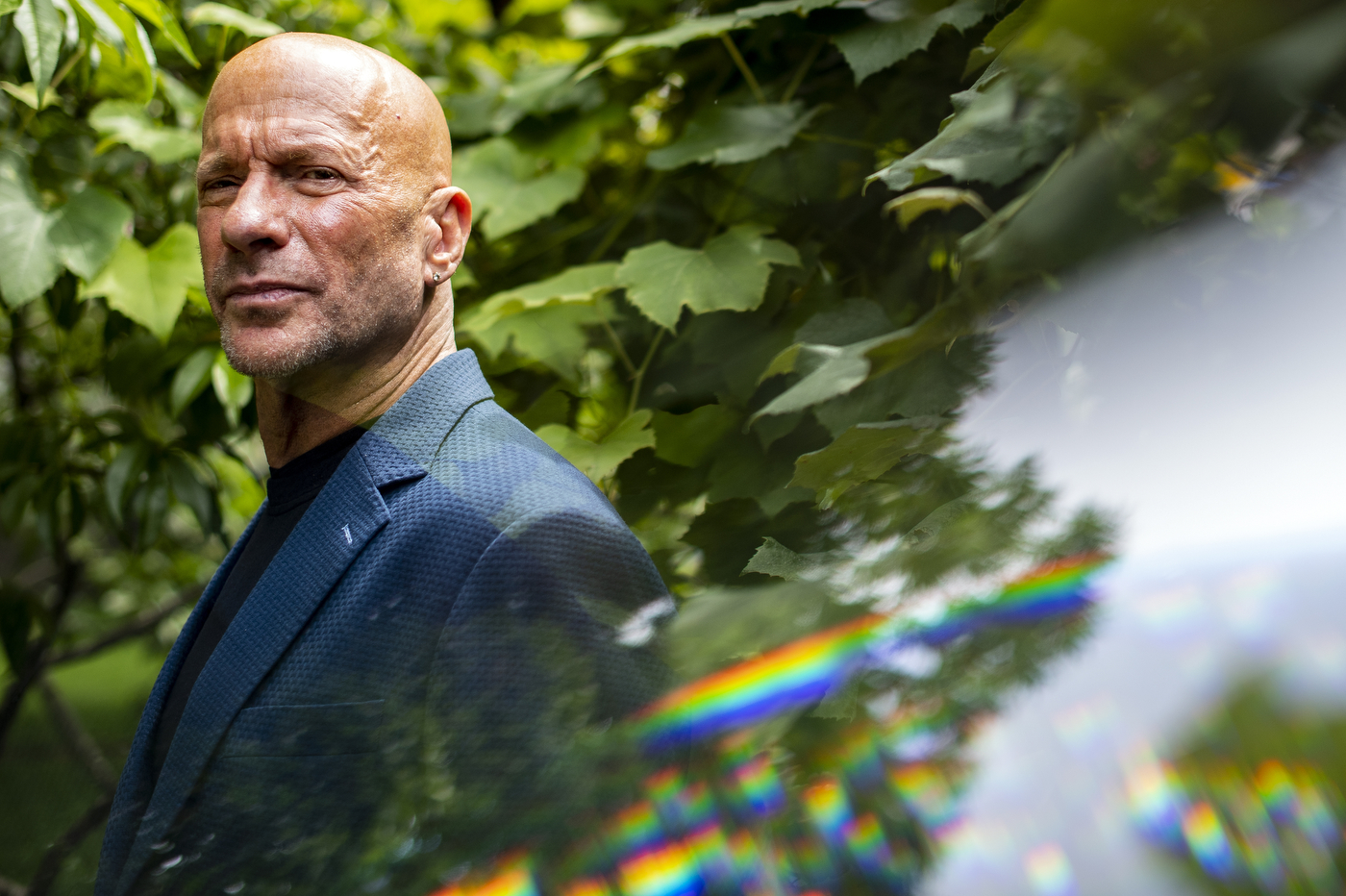Trailblazing US Gymnast Simone Biles takes on trauma and mental health

U.S. gymnast Simone Biles’s decision to focus on her mental health during the 2021 Summer Olympics in Tokyo, and her choice to disclose her struggle, offers insight into the unexpected ways trauma can physically impact adults, two Northeastern experts say.
“What she has been transparent about, and brought us into, is how trauma has nefarious and wide-spread tentacles, and how it differently impacts people,” said Margo Lindauer, associate clinical professor and director of the Domestic Violence Institute at Northeastern. “The impacts of trauma are ongoing and unexpected, and can rear up in all sorts of different ways.”
For Biles, the trauma presented itself as the “twisties,” an issue she described as a disconnect between her body and mind that threatened her physical safety when completing her signature highly-advanced, gravity-defying flips.


Biles faced a turbulent childhood in foster care and is a survivor of sexual assault at the hands of former U.S. team doctor Larry Nassar. The 24-year-old Olympic medalist didn’t compete in four competitions at the Tokyo Olympics, but she returned to win the bronze in the balance beam final.
In an interview Wednesday morning, Biles told the Today show that Nassar’s abuse likely played a role in her issues.
“Now that I think of it, maybe, like in the back of my head,” said Biles. “There are certain triggers that you don’t even know, and I think it could have.”
Biles’s decision to speak out comes at a time when other athletes have become more vocal about their emotional wellness. Japanese tennis player Naomi Osaka―the No. 2-ranked player in the world―recently stepped away from competing in the French Open and Wimbledon, saying she was protecting her mental health.
“These sports are a hard construct, because they’re constantly expected to perform at the highest levels all the time and anything short of the ultimate victory is failure,” says Dan Lebowitz, executive director of Northeastern’s Center for the Study of Sport in Society. “Given that construct, there’s no wonder that so many athletes are coming out and talking about their mental health.”
Both Lebowitz and Lindauer praised Biles for paving the way for other athletes who might be grappling with similar issues.
“If you think about the many issues and undercurrents she is dealing with, misogyny and racism in addition to her trauma from Nassar and being a foster kid. The fact that she was able to stop in the moment and recognize what was happening is really incredible,” says Lebowitz.
That the discussion was started by record-breaking athletes often referred to as the greatest in their respective sport highlights another important distinction—the difference between mental illness and weakness.
“I think there’s this idea that if you’re strong, you’ll just get through it. You’ll just power through. But no one is stronger than Simone Biles,” says Lindauer. “She trains eight hours a day, she flips her body in all of these incredible ways, she started her own gym—but even she couldn’t control her brain to do what she wanted at that moment.”
Lebowitz says Biles’s decision will likely become a part of her already-impressive legacy.
“She had the confidence to be self-effacing about where she was in the moment, and she wasn’t afraid to say so,” says Lebowitz. “I think that’s a tribute to her. This is just another example of her greatness, and hopefully her athletic legacy will include this as something that isn’t weakness, but an ultimate strength to be able to stand in the face of all of that expectation, and be strong enough to know what was right for her.”
The hope, says Lindauer, is that Biles’s actions also help normalize mental health issues that many adults struggle with in everyday life.
“I’m hoping that it starts a real conversation around what can organizations, agencies, and employers do to have better care and better responses to mental health care in a way that doesn’t feel shameful,” says Lindauer.
For media inquiries, please contact media@northeastern.edu.





